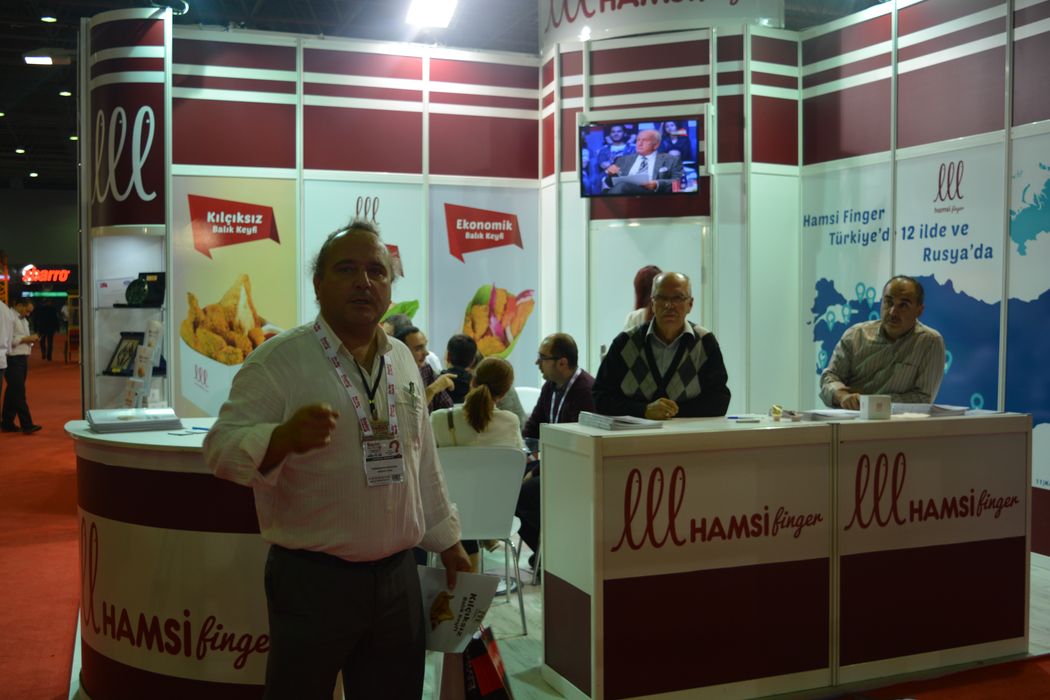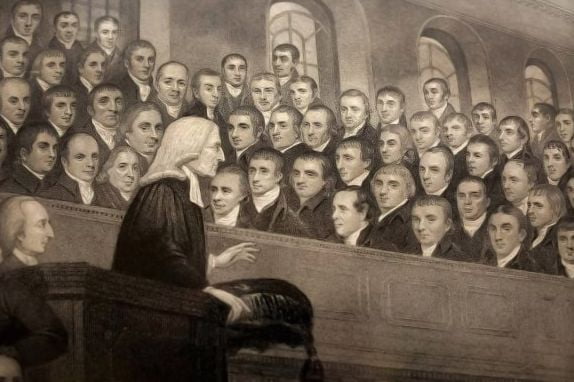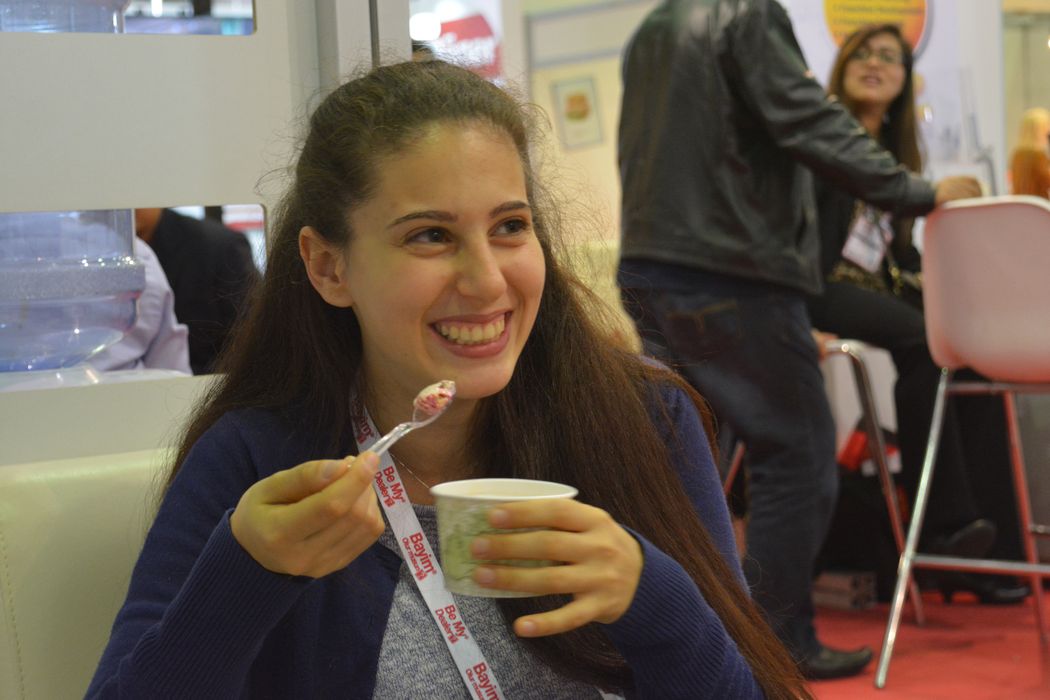Water is a valuable commodity in this island. They have wells and artificial reservoirs to collect rainwater at some distance from the town. The inhabitants go there with waterskins, which they fill and carry on their backs to the shore, load them on boats and bring them to the town.
Ibn Battuta leaves Hormuz by land and crosses a desert
We set out from Hormuz to visit a saintly man in the. town of Khunjubal, and after crossing the strait, hired mounts from the Turkmens who live in that country. No travelling can be done there except in their company, because of their bravery and knowledge of the roads.
In these parts there is a desert four days’ journey in extent, which is the haunt of Arab brigands, and in which the deadly samum [simoom] blows in June and July. All who are overtaken by it perish, and I was told that when a man has fallen a victim to this wind and his friends attempt to wash his body [for burial], all his limbs fall apart. All along the road there are graves of persons who have succumbed there to this wind. We used to travel by night, and halt from sunrise until late afternoon in the shade of the trees.
This desert was the scene of the exploits of the famous brigand Jamal al-Luk, who had under him a band of Arab and Persian horsemen. He used to build hospices and entertain travellers with the money that he gained by robbery, and it is said that he used to claim that he never employed violence except against those who did not pay the tithes on their property. No king could do anything against him, but afterwards he repented and gave himself up to ascetic practices and his grave is now a place of pilgrimage.
We went on to the town of Khunjubal, the residence of the Shaykh Abu Dulaf, whom we had come to visit. We lodged in his hermitage and he treated me kindly and sent me food and fruit by one of his sons.
Pearl divers of the Persian Gulf
From there we journeyed to the town of Qays, which is also called Siraf. The people of Siraf are Persians of noble stock, and amongst them there is a tribe of Arabs, who dive for pearls. The pearl fisheries are situated between Siraf and Bahrayn in a calm bay like a wide river. During the months of April and May a large number of boats come to this place with divers and merchants from Firs, Bahrayn and Qathif.
Read More about Ibn Battuta part 80








